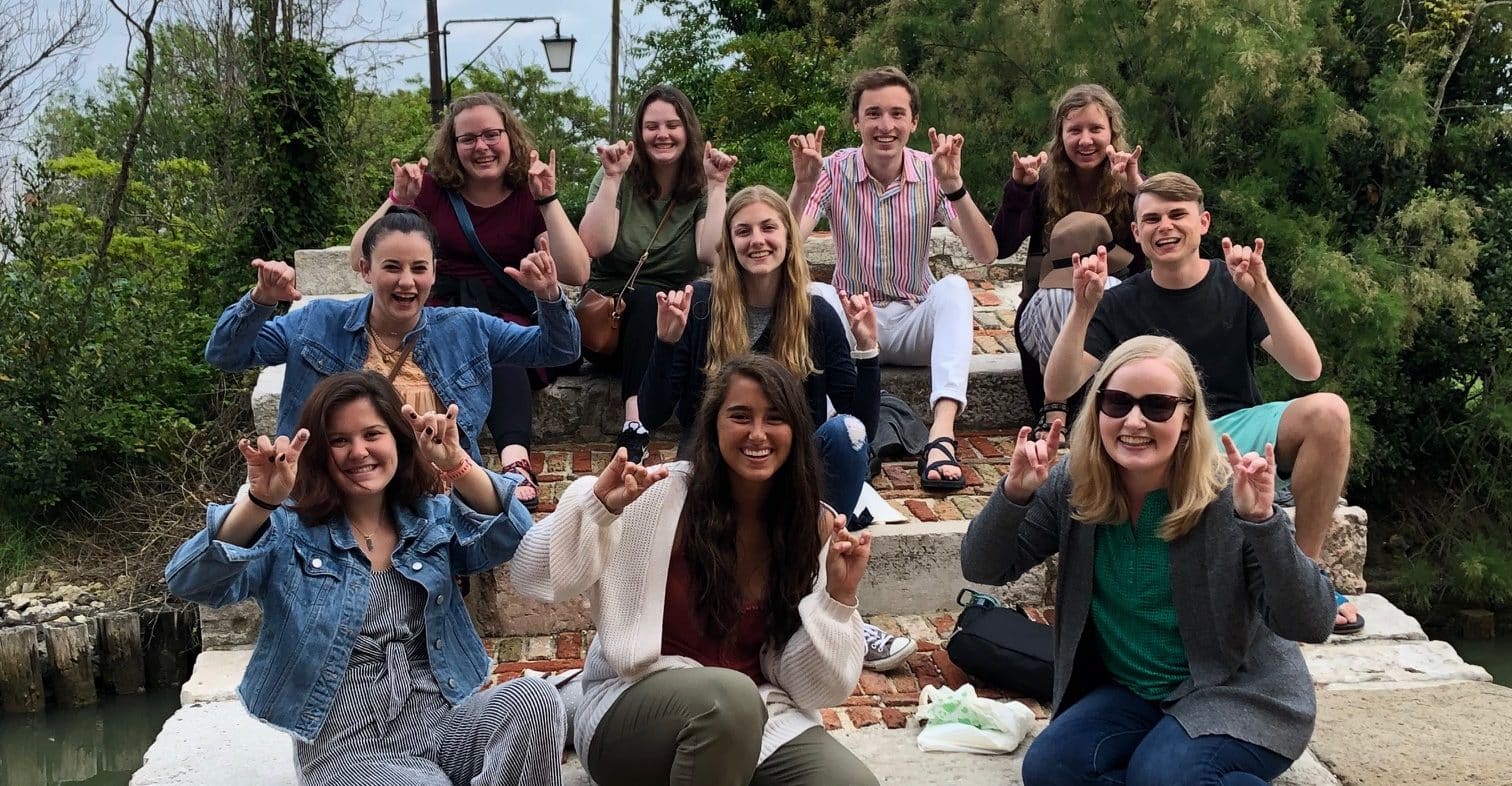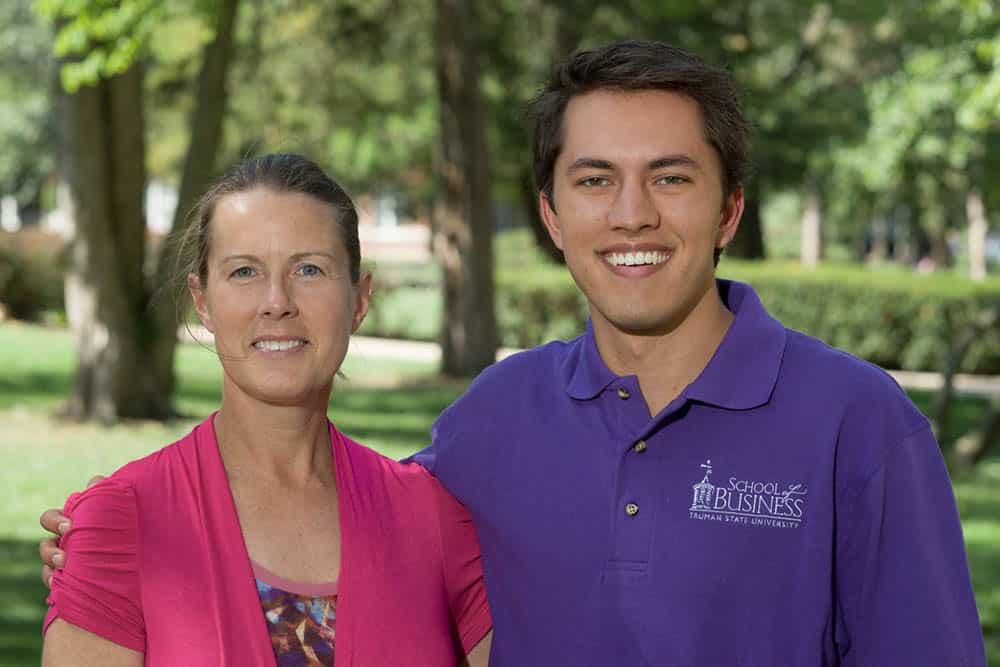Economics Major (BA, BS)

A bachelor’s degree in economics at Truman provides you with a toolkit for thinking about the world around you. Learning to focus on life’s questions from a variety of viewpoints enhances your ability to analyze complex data, a skill that’s increasingly valued in a data-driven world. You examine economic theory, behavioral incentives, ethical challenges, and trade-offs in settings such as labor supply, consumption patterns, health care choices, and energy use. Since you can apply what you learn to so many subjects, many economics students complete a double major.
Career Paths
This versatile major opens the door to a variety of career options and is excellent preparation for law school, an MBA, and many other professional careers. You also build a strong foundation for furthering your studies in finance, mathematics, actuarial science, healthcare administration, and more.
Notable employers:
- Board of Governors of the Federal Reserve
- Boeing
- Federal Reserve Bank of Kansas City
- Federal Reserve Bank of St. Louis
- Missouri Public Service Commission
- Wells Fargo
- United States Agency for International Development
Notable graduate and professional schools:
- Johns Hopkins University
- Michigan State University
- University of Illinois
- University of Missouri
- Washington University in St. Louis
- University of California – Berkeley
- Duke University
- University of Chicago
Featured Courses
Student Opportunities

Research
You can work with an economics faculty mentor for in-depth exploration of a topic of your choosing which can lead to better advising and more personalized and detailed letters of recommendation.

Internships
Departmental internships provide the chance to further develop both your critical-thinking and networking capabilities.

Study Abroad
At Truman, you can take advantage of both solo and faculty-led study abroad opportunities to enhance your knowledge and experience. All economics majors are encouraged to pursue study abroad, especially if you're interested in international business or foreign policy.
Resources

Academic Advising
You can customize your academic experience to fit your professional aspirations. Academic advising from our academic advisor and faculty can provide help setting goals, selecting and registering for classes, exploring programs, and evaluating career ideas.
Student Spotlight

